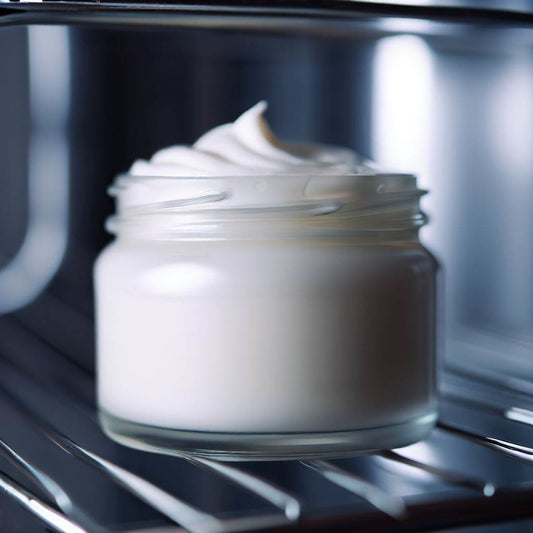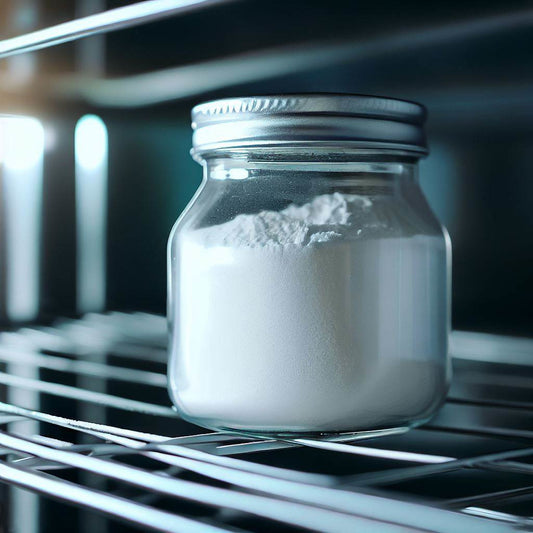ASTM E2315 Antimicrobial Time-Kill Test
Suspension Time-Kill test ASTM E2315 Method
A suspension Time-Kill is a laboratory test that measures the antimicrobial performance of a liquid sample over a short period of time. The kill test quantifies the reduction in the numbers of a known inoculum of microorganisms over specified contact times. This method determines the effective kill rate of a finished product, usually expressed as a % (for example, “kills 99.9% of bacteria in 30 seconds”).
ASTM E2315 Product Options
-
ASTM E2315 Time-Kill Test (Liquid product)
Regular price £180.00Regular priceUnit price / per -
ASTM E2315 Time-Kill Test (Solid product)
Regular price £190.00Regular priceUnit price / per
-
Suitability of Test
The Standard Time-Kill test can be performed on any liquid finished product, for example, hand sanitisers, disinfectant cleaning products, anti-bacterial liquid soaps, mouthwash, and many more.
The contact time chosen for the STK should be appropriate for the type of finished product under test. For example, a hand sanitiser may be tested with a contact time of 30 seconds, whereas a hard surface cleaner can be tested over a longer period of time, depending on its instructions for use.
Our standard kill test times are as follows:- 30 seconds
- 1 minute
- 2 minutes
- 3 minutes
- 5 minutes
If you have a preferred time frame, please do not hesitate to contact us and we can arrange this for you. -
Kill-Test Details
The testing will require a 250 g sample of your liquid product.
The sample is inoculated with a mixed culture of the standard 4 bacteria cultures.
At set intervals (for example, 30 s, 1 min, 2 min, 3 min, 5 min) 1g of the inoculated sample is removed and placed into a biostatic diluent to deactivate the biocides present in the sample.
The diluent is then placed onto the appropriate growth medium and incubated (TSA - Tryptone Soy Agar incubated at 35 °C for 48 hours for bacteria, SDA - Sabouraud Dextrose Agar incubated at 25 °C for 5-7 days for fungi), so that the number of surviving microbes can be counted using the plate count method.


